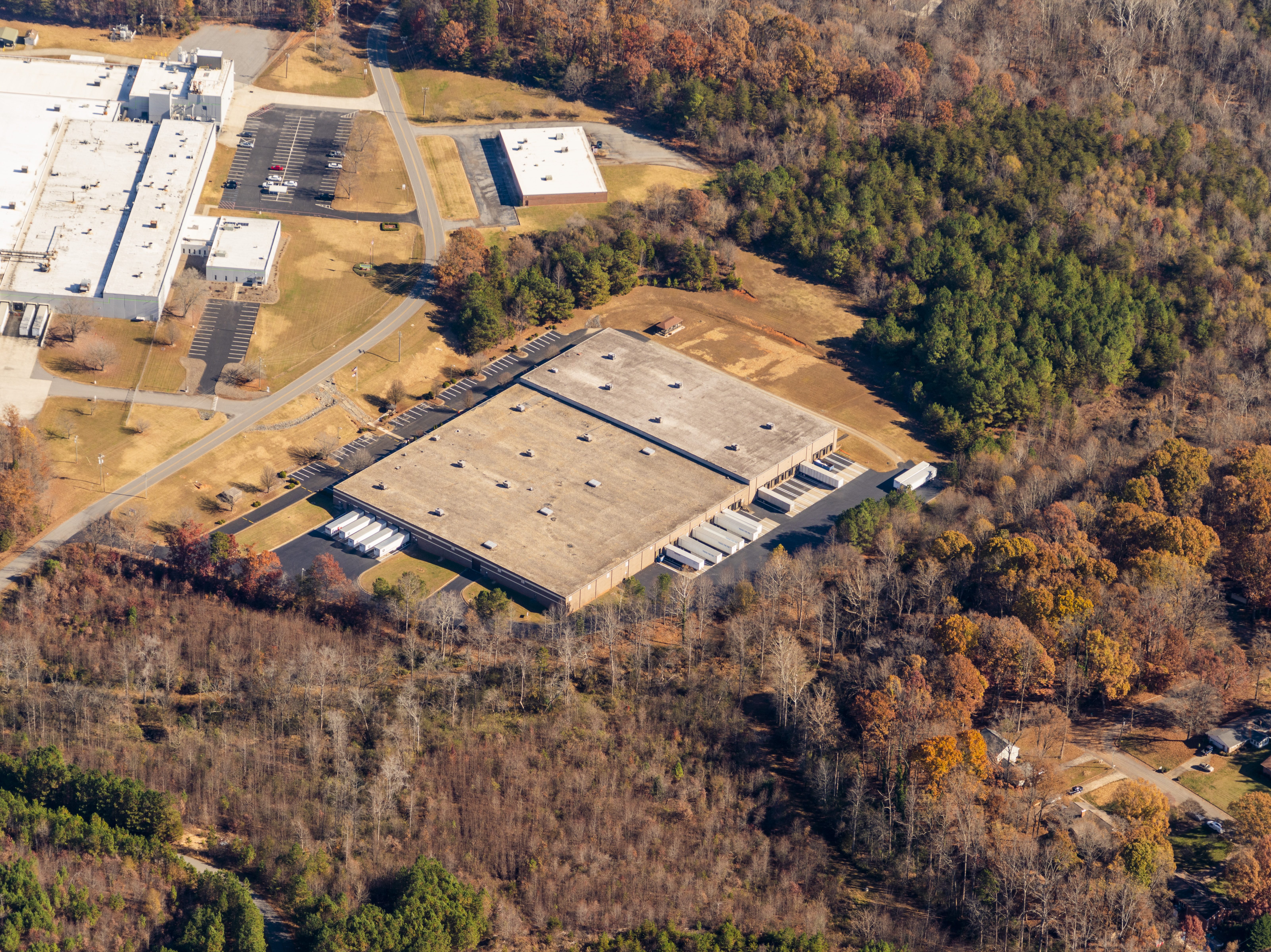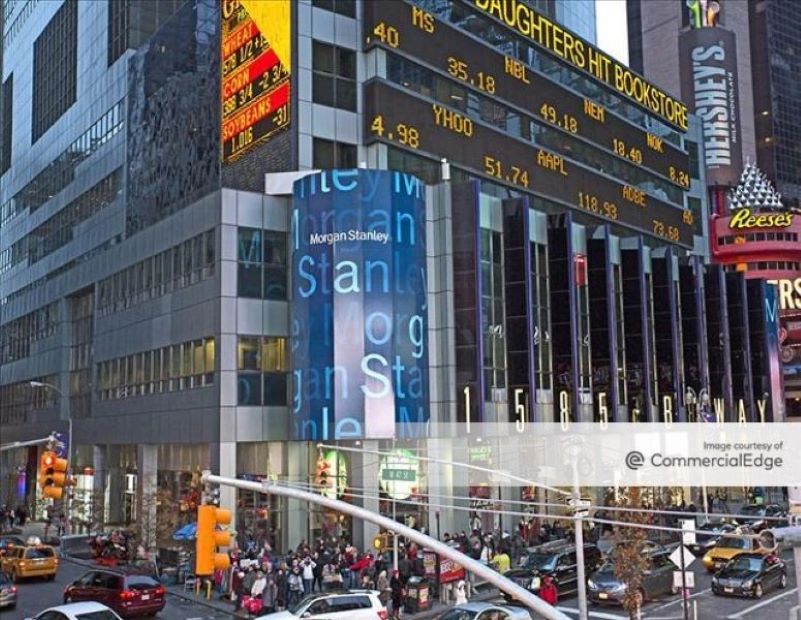Colliers: Investors More Sanguine Than Expected
It's not just pollen or volcanic ash that's in the air in various locales around the world; optimism regarding the commercial real estate market is floating around, too.
April 20, 2010
By Barbra Murray, Contributing Editor
It’s not just pollen or volcanic ash that’s in the air in various locales around the world; optimism regarding the commercial real estate market is floating around, too. As per real estate services firm Colliers International’s Global 2010 Investor Sentiment Survey, a large segment of investors believe the downtrodden real estate industry is headed for an upturn over the next year, during which time they will increase their property shopping activities.
With the real estate industry having suffered a worldwide meltdown, Colliers decided to conduct its first Global Investor Sentiment Survey to assess the mindset of investors, ultimately analyzing responses from 244 leading institutional and private global investors representing an aggregate investment portfolio of over $300 billion. Having taken the pulse of these industry players, Colliers discovered that 41 percent of the respondents believe the worst is nearly behind them in their respective regions, but even more encouraging is the finding that 19 percent maintain their home markets have already cleared the last hurdle.
Colliers utilizes the tick-tock of a clock, its “Global Property Clock” to symbolize investors’ assessment of market cycles. When the hands reach 12:00, the top of the market has hit, while 6:00 indicates the bottom of the market; the rise begins after 6:00 and the decline commences after 12:00. Using that measuring stick, Latin America and the Pacific Region–including Australia and New Zealand–were given the most positive assessment of current market status, with survey participants placing the regions at 8:30 and 7:00, respectively. Asia was judged to be at the bottom, or 6:00, as was the U.S.
“One observation I made that struck me was that American investors’ responses were relatively optimistic; they really believe we’re at the bottom and on the way up,” Ross Moore, Executive Vice President and Director of Market & Economic Research for Colliers, told CPE.
But the assessment was not as positive for the Middle East, Eastern Europe, Western Europe and Canada, with investors having defined the markets as not having yet hit bottom. However, the 12-month expectation for the markets that are still awaiting an upturn–aside from Eastern Europe–is more hopeful, as investors believe those locales will be on the upswing within that timeframe. Looking at the big overall picture, 51 percent of respondents predict their respective markets will sit at 7:00 or 8:00 on the Global Property Clock within the next year.
Bolstered by a relatively promising outlook, investors are ready to expand their portfolios–with limitations.
“The message came through with every region saying they’re staying close to home,” Moore said. “With the risk and uncertainty out there, and difficult getting financing, they’re staying close to home and sticking with existing relationships.”
Not even the rare opportunities presented by the distressed property market in the U.S. are expected to lure an overwhelming amount of foreign dollars. “There’s nothing to suggest they’re ignoring the U.S., but the general message is they’re not going to invest outside their own borders this year,” Moore said. “They’re plugged into the investment flow in the U.S., and they’re not hearing about an abundance of properties that are on the market or a lot of transactions.”
Despite current trepidation about plunking down funds for real estate outside their respective markets, respondents expressed an interest in investing in emerging markets like Poland, the Ukraine, Vietnam, Brazil and India further down the road.
In addition to restricting their purchases geographically, those who participated in Colliers’ survey also plan to limit their acquisitions based on quality. Marking a significant shift in focus, the majority of respondents revealed that they will move away from non-income reducing or high-risk assets and, instead, target high-quality and well-performing properties. “It’s just a reaction to getting burned,” Moore explained. “Ultimately, it comes back to risk. The general feeling in the survey is they just want to be cautions.”
Longtime industry players like the investors Colliers surveyed are veterans of previous major real estate slumps, but their perceptions as the world emerges from the current downturn differ from past mindsets. “They were around for the downturn in the late ’80s and early ’90s, and a lot of pension advisors said, ‘never again,’ but this time we’re not hearing that,” Moore noted. “They’re not as negative as the last time. They’re remembering that our industry is cyclical. I’m surprised by the level of optimism.”








You must be logged in to post a comment.